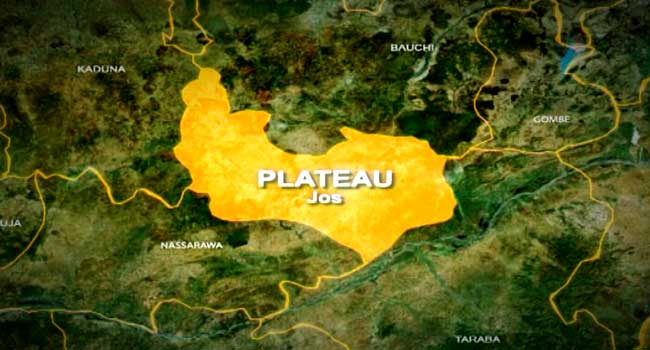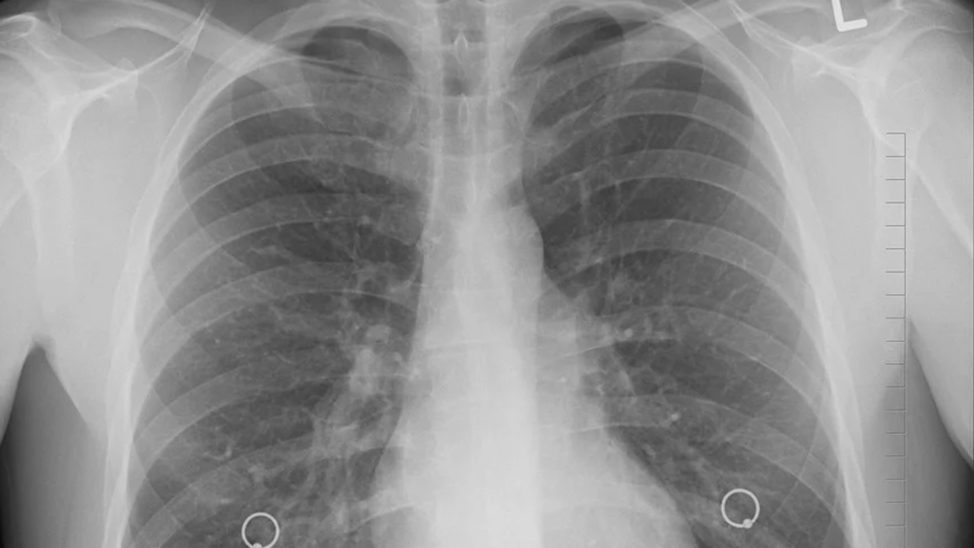There is a well-known doctrine in Islam called Taqiyya. It’s the principle that should some deceit further Islam’s interest, you have a duty to deceive. It looks tragically as though Usman Khan was pretending that had been de-radicalised, when in fact, as his killing spree indicated he hadn’t. But he had deceived a number of people on the way.
If that’s true, it makes Jack Merritt’s death doubly tragic. His poor father, desperate to honour his dead son’s memory, asked the politicians not to use his son’s murder in their political campaigns as a political football. But, that wasn’t going to happen. It didn’t happen; it couldn’t happen.
The facts of last week’s ‘terrorist’ murders in London are clear and beyond any kind of dispute. But their meaning divides our society just as grievously as Brexit, or the election campaign.
We find that we have to make decisions about the programmes that offer the rehabilitation of offenders. We have to make judgments about human nature; and we have to decide if Islam is just one religion amongst many, or unique in how it sees itself and what it is setting out to achieve.
The rehabilitation of offenders is the easiest and least offensive of the three questions. The work that Jack Merritt and his Cambridge colleagues set out to do was wholly admirable. Those of us who have met, befriended and even admired people who have fallen through the social net feel passionately about giving people a second chance. Everyone ought to be given a second chance.
But are there any limits? The very press that has been praising the work of the Cambridge rehabilitation programme and its reaching out to Muslim terrorists has gone strangely silent over James Ford.
If you watched any of the video footage on social media,James Ford was the last man to be dragged off Usman Khan. Ford was incredibly brave. He too was an ex con. But some years ago, he had killed Amanda Champion, a vulnerable young woman with learning difficulties.
Now Ford seems to have disappeared from the public narrative. There is nothing romantic and no victimhood attaching to that kind of murder. But he too was part of the well intentioned rehabilitation programme. No one is now asking how his heart and mind have been changed by the programme.
If you believe in forgiveness and second chances, it includes murderers like James Ford. But there is a precondition for rehabilitation; you’ve got to want it. You have got to have come to a point where you are as broken-hearted and repulsed by the damage you have done and the misery you have caused as your victims are. It doesn’t just happen through educational programmes.
That certainly applies to murderers; but does it apply to Islamists ? That might seem like an offensive question at first sight. But one of the reasons why Jack Merritt’s dad’s hope that politics could be kept out of his bereavement failed, is that unlike any other religion, Islam is political. It is hybrid. It’s half a religion and half a political and military way of life. Most people in the West, knowing almost nothing about it, think of it as if it were an Arabic form of Judaism or Christianity. But it isn’t.
The Times last Tuesday carried a photo of Usman taken a few years ago carrying a banner “Islam will dominate the world.” That is a perfectly respectable Islamic view. For in Islamic thought the world is divided into two areas. Dar al-Islam,theworld of peace which is where Islam dominates and everyone lives according to Islamic values; and daral-harb,the territory of war, which is everywhere else that has not yet submitted to Islam, but will. Islam has three major strategies. Immigration, birth rates and violence.
Because the West treats Islam as if it were only a system of piety, instead of being both a religion and a political way of life as ambitious for world domination as any other group who have set out to achieve it, be they Romans, Marxists or Nazis, we misunderstand Islam, and Usman Khan.
By imposing words like extremist, or terrorist or radical on Usman and his friends, or on Isis and its members, we deceive ourselves. You can’t de-radicalise a Muslim who is being faithful to Islam’s political and cultural ambitions, because he’s not been radicalised in the first place. He might have been energised, or inspired or enthused, but not ‘radicalised’. Isis is not ‘extremist’. It is behaving in a way that is faithful to Islamic values, theology and the example of Mohammed.
A sudden glimmer of that realisation has presented itself to some of our politicians, but the implications of this are so problematic that the media and most people neither want to know, or be told. Because it exposes that what de-radicalisation and rehabilitation really mean, is persuading Umsan and those who understand Islam as he does that they should prefer Western liberal secular values to core Islamic ones.
That’s a big ask. And how many of them are there? Gilles de Kerchove, the EU’s anti-terrorist coordinator estimates 25,000 in the UK alone of whom 3,000 are under daily surveillance by MI5 &6. If that’s true, where do we go from here?




